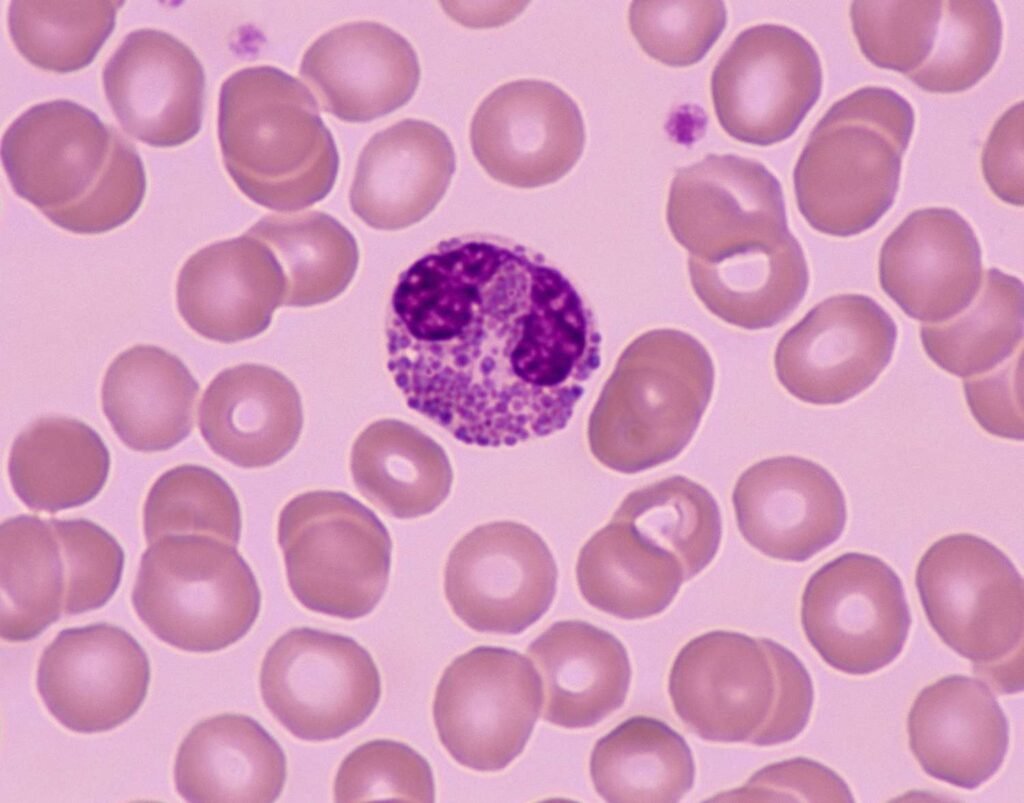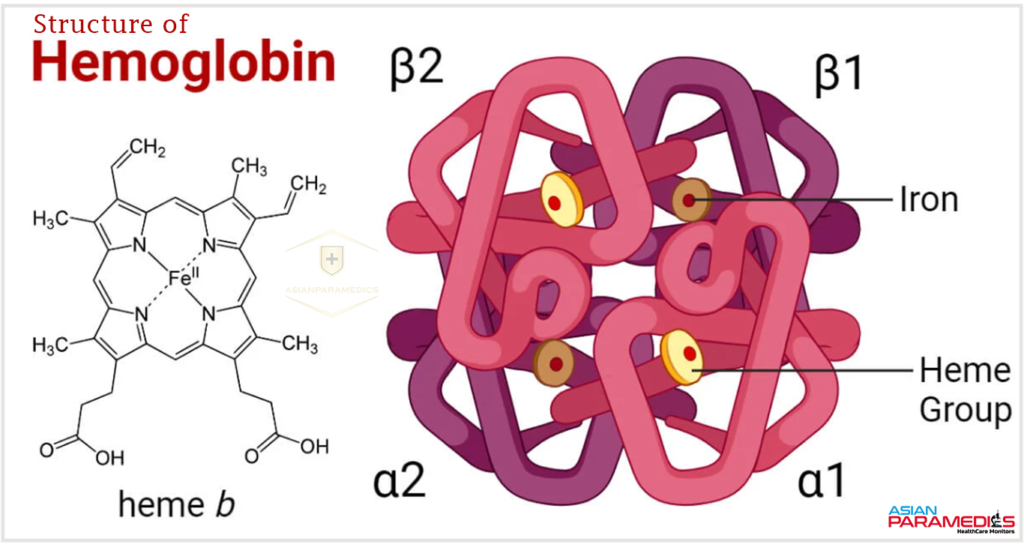When you visit a doctor for a routine check-up or if you’re feeling unusually tired, your doctor might recommend a Complete Blood Count (CBC). One of the important components of a CBC is the MCV test short for -Mean Corpuscular Volume. But what exactly does this test measure, and why is it important for your health?
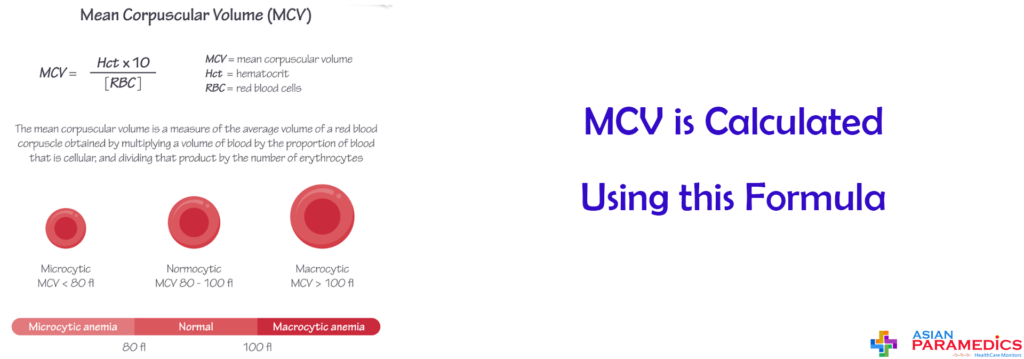
What is the MCV Test?
The Mean Corpuscular Volume (MCV) test measures the -average size of your red blood cells (RBCs). Red blood cells carry oxygen from your lungs to the rest of your body, and their size can give doctors valuable clues about your overall health.
* If your red blood cells are too large, it may point to certain vitamin deficiencies (like B12 or folate).
* If they are too small, it could indicate iron deficiency or other types of anemia.
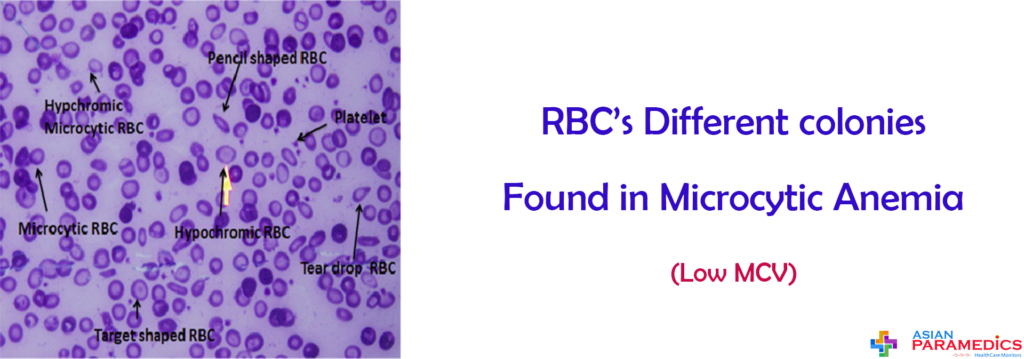
Why is MCV Important?
Knowing your MCV helps doctors understand the type and possible cause of anemia or other blood-related conditions.
High MCV (macrocytic anemia) may be caused by vitamin B12 deficiency, folic acid deficiency, liver disease, or alcohol use.
Low MCV (microcytic anemia) is often linked to iron deficiency, chronic illness, or certain genetic conditions.

When is the Test Recommended?
Your doctor may suggest an MCV test if you have symptoms like:
– Unusual tiredness or weakness
– Pale skin
– Dizziness
– Shortness of breath
How is the Test Done?
The MCV test is simple and quick. A small blood sample is taken, usually from your arm, and sent to a lab for analysis. No special preparation is needed unless your doctor advises otherwise.
Interpreting the Results
Your MCV results are given in femtoliters (fL).
Normal range: About 80–100 fL
Below normal: Red blood cells are smaller than usual (microcytic)
Above normal: Red blood cells are larger than usual (macrocytic)
However, the MCV result alone doesn’t provide a complete diagnosis – it’s interpreted alongside other CBC results and your overall health history.
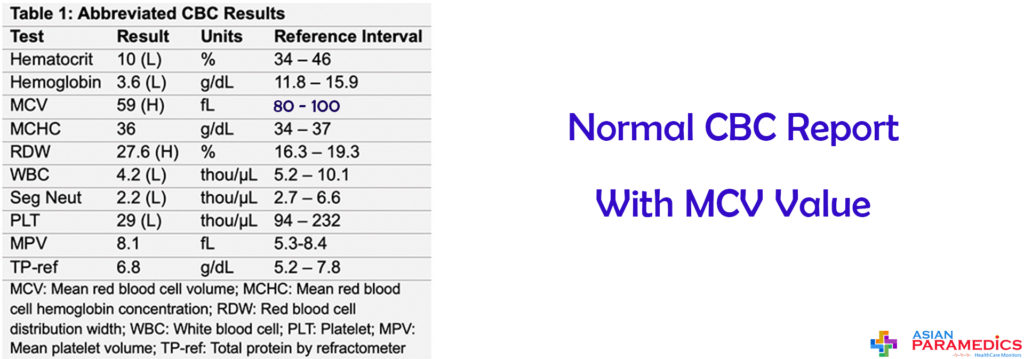
Frequently Asked Questions
1. What does the MCV test measure?
The MCV test measures the average size of your red blood cells. It helps doctors identify certain types of anemia and other blood-related conditions.
2. What is the normal range for MCV?
The typical range is about 80–100 femtoliters (fL). Results outside this range may suggest an underlying issue.
3. What does a low MCV mean?
Low MCV (microcytosis) usually means your red blood cells are smaller than normal. This can be caused by iron deficiency anemia, chronic disease, or some genetic blood disorders.
4. What does a high MCV mean?
High MCV (macrocytosis) means your red blood cells are larger than normal. This can happen due to vitamin B12 deficiency, folate deficiency, liver disease, or alcohol use.
5. Is the MCV test part of a regular check-up?
Yes. MCV is measured as part of a Complete Blood Count (CBC), which is a common test during routine health exams.
6. Do I need to fast before an MCV test?
No fasting is usually required. However, if your doctor orders other tests along with it, you may need to follow specific instructions.
7. What symptoms might make a doctor order an MCV test?
Symptoms like fatigue, weakness, pale skin, dizziness, or shortness of breath may prompt your doctor to check your MCV.
8. Can diet affect MCV results?
Yes. Poor intake of iron, vitamin B12, or folate can affect the size of your red blood cells, impacting your MCV.
9. Is an abnormal MCV always serious?
Not always. Sometimes a slightly high or low MCV can be temporary or due to minor nutritional imbalances. Your doctor will look at the full picture before making a diagnosis.
10. How can I keep my MCV in a healthy range?
Eat a balanced diet rich in iron, vitamin B12, and folate. Also, have regular health check-ups to detect problems early.

